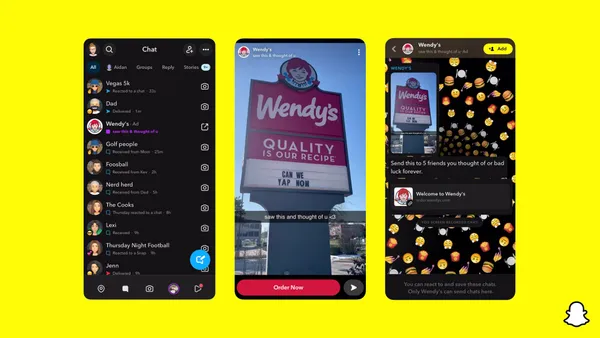Dive Brief:
- Ad and content blocking is coming to Samsung Android devices with the release of its Content Blocker extension API.
- The capability is similar to what Apple rolled out last year, which included ad blocking in the iOS 9 version of the Safari mobile browser.
- The ad blocking capability only impacts Samsung’s browser, which is default on its devices, although, according to TechCrunch, the Chrome browser is more popular, with an almost 42% market share.
Dive Insight:
Ad blocking is increasingly becoming a daily conversation in the marketing world, particularly in the last six months. Unless the community comes together to find a solution, the problem promises to make more permanent damage.
At the time of the iOS 9 release there was concerns that ad blocking would make serious inroads into mobile devices. From the mobile advertising industry the sky hasn’t quite fallen, but at the same time mobile users are using ad blocking tech. For Samsung to allow for ad blockers on its default browser is another new venue where it will be more difficult to serve ads.
Even though Samsung’s move only impacts its own browser and not the more popular Chrome browser on Android devices, Samsung’s browser does come automatically installed on all its devices and according to TechCrunch has been separately downloaded on the Google Play Store between 10 and 50 million times.
Ad block developers Crystal and Adblock Fast have already released apps through the API.














